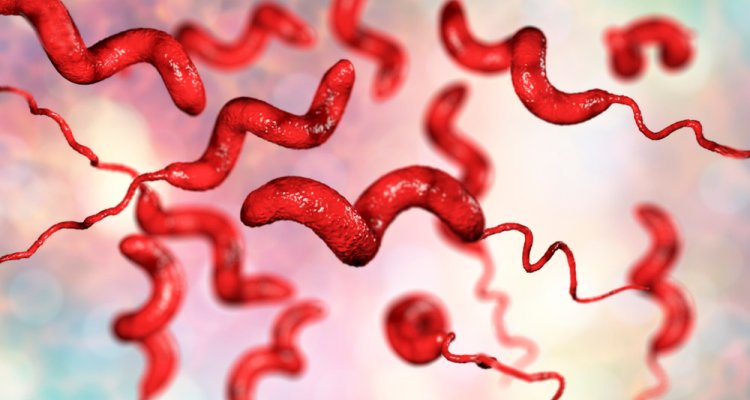
PhD defence
So fragile yet so devious - Impact of L-fucose and D-glucose utilization on growth, metabolism and in vitro virulence of Campylobacter
Summary
Campylobacter is a zoonotic bacterium and is the main cause of bacterial foodborne gastroenteritis worldwide, with most human campylobacteriosis cases being the result of infection with Campylobacter jejuni or Campylobacter coli. Comparative genome analysis highlighted that most Campylobacter isolates contain so-called carbohydrate utilization clusters that allow the metabolism of the carbohydrates L-fucose and D-arabinose, and in rarer occasions D-glucose. Genotypic and phenotypic analysis showed that these clusters contribute to growth and survival of this foodborne pathogen. In addition, utilization of L-fucose, a sugar that is present in the human intestine, also improved the in vitro virulence of C. jejuni. Subsequent proteomics studies identified possible roles of secretion systems and proteins involved in the synthesis of lipooligosaccharides in these processes. This thesis provides insight in the extended metabolic repertoire of Campylobacter and the possible roles in niche adaptation and establishment of human infection.